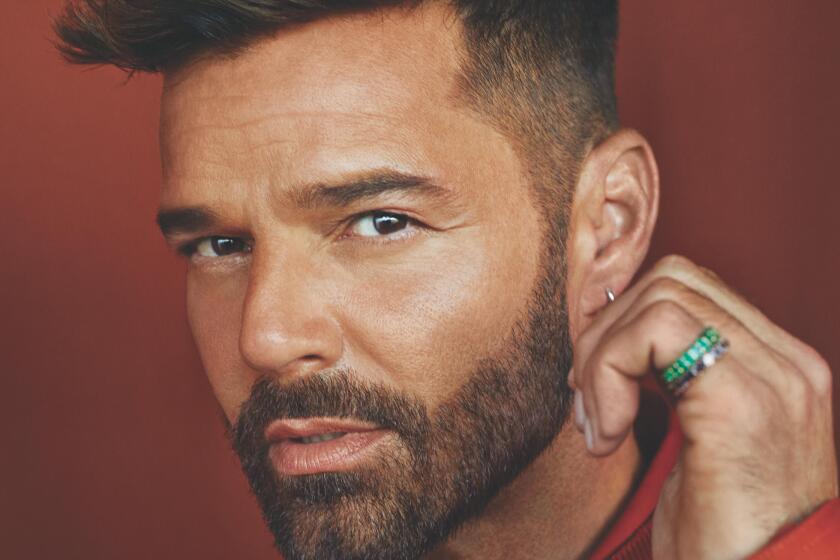Break on through
Jim Morrison, the legendary frontman of the iconic L.A. band The Doors, was guilty of a lot of things on the night of his most notorious concert on March 1, 1969: insulting his audience, performing while inebriated and, worst of all, letting drugs, alcohol, fame and his personal demons snuff out his remarkable artistic gifts. But whether he was guilty of the two misdemeanors for which he was later convicted by a Florida jury — indecent exposure and public profanity — is another question. Whether it still matters 40 years later is an even better one, but outgoing Florida Gov. Charlie Crist thinks it does, and even if the posthumous pardon he has suggested would do nothing to end his state’s budget problems or calm the culture wars that Morrison helped inflame, it would be a nice closing to a raucous chapter in American cultural history.
Crist, who made headlines this month when he said he’d pursue the pardon, will have his last chance to deliver it on Dec. 9, the final meeting of the state’s clemency board during his expiring term. He would have to persuade two other members of the four-member panel to agree, which could be a challenge given that Crist’s crusade may not have lit anyone else’s fire. “Surely there are greater cases of injustice crying out for Mr. Crist’s attention than the misdemeanor conviction of a rock star who died almost four decades ago,” groused the Orlando Sentinel in a recent editorial.
Well, yes, obviously. Moreover, if Morrison were alive today (he died in Paris in 1971 at age 27, while his Florida conviction was on appeal), he probably wouldn’t have cared one way or another about the pardon, according to his former bandmate Robby Krieger. But we can’t help feeling that the naysayers are missing the point.
Witness accounts differ on whether Morrison exposed himself that night at the Dinner Key Auditorium in Miami. His bandmates say he didn’t — keyboard player Ray Manzarek says he held a shirt in front of his crotch and wiggled his hand behind it, then briefly pulled the shirt away and said, “I just showed you. Did you see it?” Others claim he did disrobe. Either way, it didn’t make a lot of sense, even then, to pursue criminal charges against a poet and singer whose act was at least as much about performance art as music. Hardcore Doors fans remain convinced that the charges against Morrison were trumped up as a way of discrediting the counterculture he represented. A pardon would heal those wounds without hurting anybody. It would also make the point that art isn’t a crime, even when it offends our sensibilities.
More to Read
The biggest entertainment stories
Get our big stories about Hollywood, film, television, music, arts, culture and more right in your inbox as soon as they publish.
You may occasionally receive promotional content from the Los Angeles Times.






